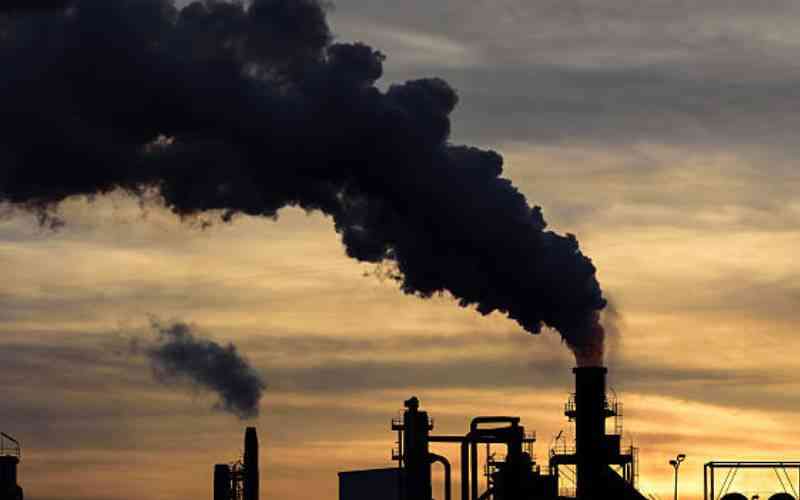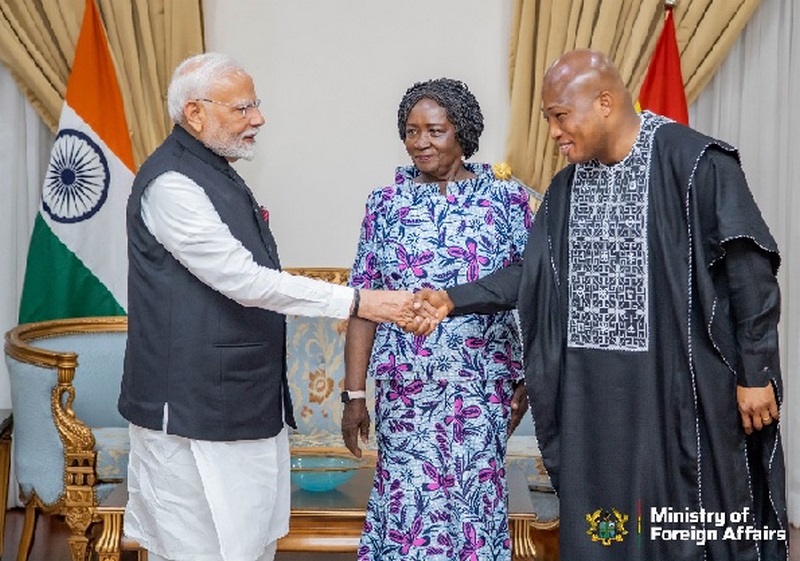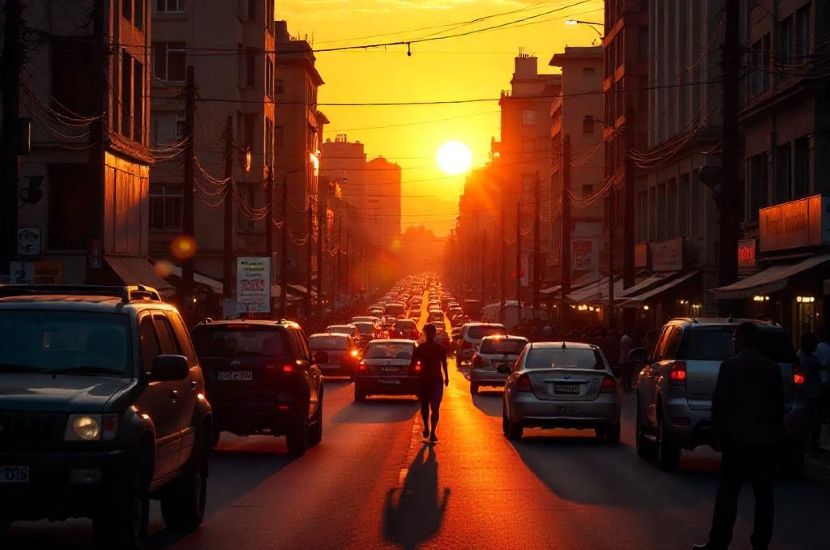G20's political will key to Africa's climate fight

This year countries were to renew their Nationally Determined Contributions (NDCs) covering years 2031 to 2035, with specific plans to reduce Greenhouse Gas emissions (GHG).
Kenya, for instance, submitted its updated NDCs in early 2025, complete with a target to reduce its GHG emissions by 35 per cent as at 2035. Part of the strategy will be to have 100 per cent of its electricity from renewable sources. Kenya hopes to achieve about 20 per cent of these using local resources.
The 80 per cent will be the conditional support, in form of technology transfer, funds, and capacity building. The NDC needs $17.7 billion, of which Kenya plans to raise 19 per cent locally, and the rest from international partners.
Several nations have done the necessary. Interestingly though, by June, only five of world’s 20 richest economies (G20) had submitted their updated NDCs, a clear sign of inadequate political will to increase climate action. The G20 nations account for nearly 80 per cent of the global GHG emission.
Their political will is to support climate action is the hope that keeps Africa going, even as it does its part to tackle the increasingly frequent and intense climate disasters.
It is this hope that the most vulnerable of communities depend on to rebuild after deadly floods and prolonged droughts, sometimes instantly destroying their wealth and sources of livelihood.
The figures vary for each of the more than 190 state signatories of the Paris Agreement. Using the Kenya example, it is this 80 per cent that will be hardest to raise if the G20 members, and of course other big emitting economies, do not do their part.
Although Africa and indeed the Global South, suffer some of the worst effects of climate change, biodiversity loss and pollution, dealing with the problem is not a domain of the region.
It requires input, from all, be it indigenous knowledge, finances, local or nature-based solutions, and all.
Even nationally, coordination is key, including involvement of several government and private sectors, and the people affected to rebuild resilience. Those at risk also need to prevent or reduce climate shocks.
These NDCs are the cornerstone of the Paris Agreement. When their submission or update delays, the impression is that climate action is not a priority, especially where their contributions to the global kitties to address climate change is concerned.
Beyond the financial and other resources is the aspect of leadership. The poorer nations cannot lead the fight against the climate crisis for obvious reasons, neither do they wield power at the decision making table globally.
Whether the delay is as a result of internal political battles between countries, or economies heavily reliant on fossil fuel exports fearing to lose income, the commitment to end the climate crisis should be felt.
Whatever the case, every single year of delay in climate action by the rich nations is an extension of the suffering of the people in the Global South, where the real impacts of climate change are felt. In the Global South children miss classes because their schools are marooned, victims of flooding are displaced, while others starve due to crop failure and deadly prolonged droughts.
Stay informed. Subscribe to our newsletter
With reduced international funding, the NDCs may remain just goals, and in effect slow Africa’s development.
Unfortunately, reneging on the Paris Agreement has never led to anyone’s arrest since it is purely cast in trust.
Africa must demand accountability, exert pressure to ensure G20 countries commit to substantially cutting GHG emissions and adequately mobilise climate funds for the sake of developing countries.
-The writer is a contributing editor at Mongabay.








